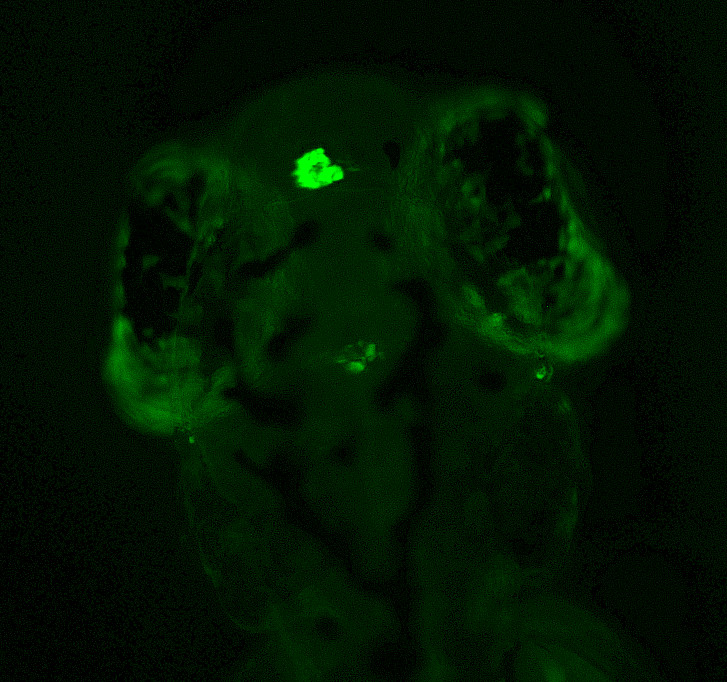 Back to research topics
Back to research topics

- Date: 2018-2020
- Project leader: Maria Elena Miletto Petrazzini
The impact of brain lateralization on numerical abilities
At one time, numerical competence was thought to be unique to humans. However, over the past decades, numerous studies have shown that animals possess numerical skills, such us the ability to discriminate between two or more sets of items of differing quantities. Furthermore, increasing evidence of similarities in numerical skills among vertebrates suggests that humans and animals share an evolutionarily ancient system to estimate and compare quantities.
Recent findings show that atypical brain lateralization in humans is implicated in cognitive dysfunctions, including developmental dyscalculia (an arithmetic learning disorder) thus suggesting that brain lateralization affects numerical competence. Although brain lateralization is widespread among vertebrates and it is supposed to enhance cognitive performance, including numerosity skills, the neural circuits and cell biology underlying the ability to assess numerical magnitude and how these are affected by brain lateralization have yet to be clearly determined.
I am using zebrafish as a model to investigate the relation between brain asymmetries, numerical competence and behaviour. To this aim, my project combines automated behavioural assays with developmental and imaging analysis to investigate the neural correlates of numerical abilities and test the hypothesis that brain lateralization impacts on number representation.